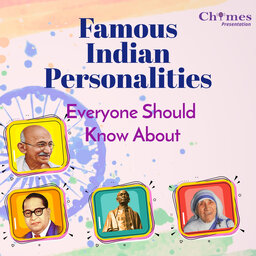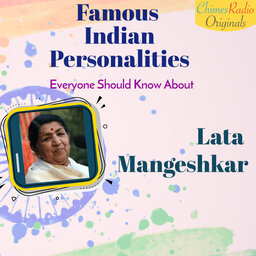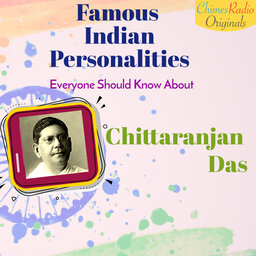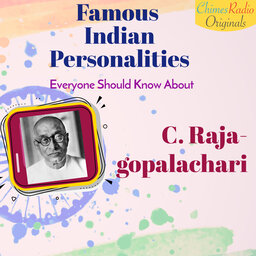Aruna Asif Ali
Aruna Asaf Ali is popularly known as the 'Grand Old Lady' was one of the leading female figures of India’s freedom movement. Aruna Asaf Ali was born (on 16 July 1909 in Kalka, Punjab. She was the daughter of Upendranath Ganguly and Ambalika Devi. After her schooling in Lahore, she started teaching in Kolkata and got married to Asif Ali, in 1928. Asif Ali was a senior member of the Indian National Congress.
Aruna Asaf Ali became a member of the Indian National Congress after marrying Asaf Ali and was sent to prison for processing in the Salt Satyagraha movement. In 1931, during the second round table conference, the Gandhi-Irwin Pact came into being with many conditions. One of them was that every prisoner of Salt Satyagraha must be released. Other women co-prisoners refused to leave the premises unless Aruna Asif Ali was also released. After massive protests by the public and the intervention of Mahatma Gandhi, she was released.
In 1932, she was again sent to Tihar jail first and then moved to Ambala but her involvement in the Independence movement was active. On 8 August 1942, the All India Congress Committee passed the Quit India resolution at the Bombay session. The government responded by arresting the major leaders and all members of the Congress Working Committee and thus tried to pre-empt the movement from success. Young Aruna Asaf Ali commencement the movement on 9th August and hoisted the Congress flag at the Gowalia Tank Maidan. She was named Heroine of the 1942 movement for her bravery.
An arrest warrant was issued in her name but she went underground. The government announced a reward of 5,000 rupees for her capture. and seized all her properties. In the meanwhile, Aruna Asif also edited Inquilab, a monthly magazine of the Congress Party. However, she came out of hiding after Mahatma Gandhi sent her a hand-written note. In 1947 India got her independence and in 1948, Aruna Asif Ali joined to socialist party and got involved in women upliftment efforts. In 1958, she was elected the first woman Mayor of Delhi.
Aruna Asaf Ali was awarded International Lenin Peace Prize in 1964, the Jawaharlal Nehru Award for International Understanding in 1991, India’s second-highest civilian honor in 1992, and finally the highest civilian award, the Bharat Ratna, posthumously in 1997. In 1998, a road named Aruna Asaf Ali Marg in New Delhi was named in her honor.
 Famous Indian Personalities - Everyone Should Know About
Famous Indian Personalities - Everyone Should Know About


